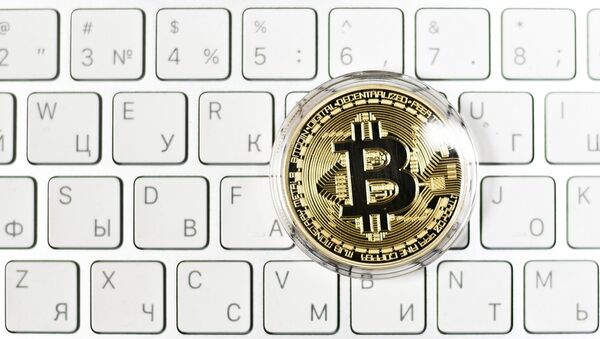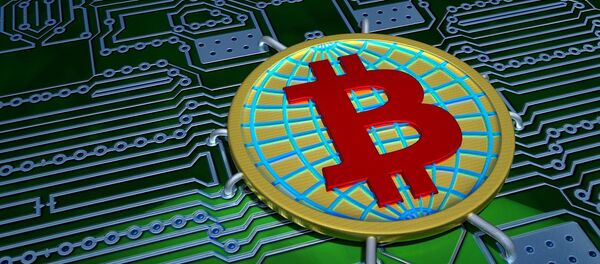The price of Bitcoin rose from $956.18 to $4,045.89 from the beginning of 2017 to Aug. 13, up by factor of 3.23, skyrocketing by more than 5 million times since its first appearance eight years ago.
Bitcoin is currently seen as a good investment by many speculators, as it possesses advantages, including decentralization, non-duplication, and low processing fees.
However, many countries hold different attitudes toward Bitcoin. Only a small number of countries consider Bitcoin as currency, while many including China regard it as a virtual commodity.
The creation, transaction, or use of Bitcoin all lack support by national credit agencies and adequate credit assessments, as the coin was not created by the monetary authority of a sovereign state.
The expert noted that, although decentralization is an advantage of Bitcoin, it will be an obstacle for its further development. In the absence of oversight and safety, Bitcoin will be hard to withstand shocks if faced with problems.
As for practical use, only a small number of retail outlets around the world use Bitcoin. Some criminals even use it as a tool for their illegal acts, for example, the WannaCry ransomware, which attacked computers around the globe in May 2017, used Bitcoin as its means of payment.
The expert pointed out that, with increasing transactions of encrypted digital virtual currencies including Bitcoin, it is more urgent than ever to strengthen supervision of the virtual currency.
In addition, the rise and fall in prices is one of the features of Bitcoin. Bank of America said Bitcoin cannot be explained or predicted, as it is not tied to any country or subject to regulation, and the huge number of transactions does not reflect real demand.
Like the Tulip Mania, a period in the Dutch Golden Age during which contract prices for bulbs of the introduced tulip reached extraordinarily high levels and then dramatically collapsed in 1637, the expert said that Bitcoin is inevitably to undergo the same fate once regulation is tightened or demand drops.



